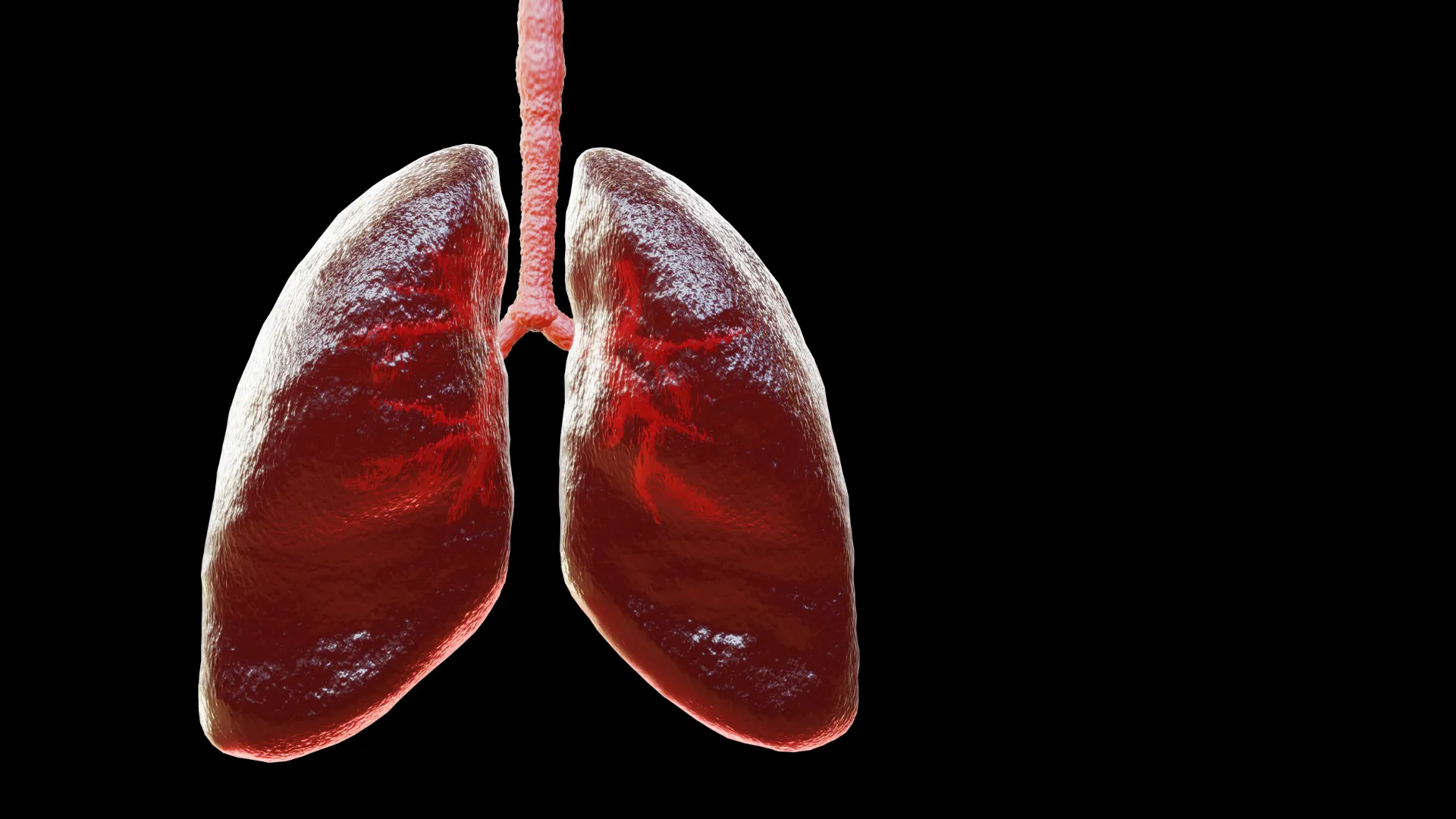Stage 4 mesothelioma is an advanced and typically incurable form of cancer that affects the lining of the lungs (pleural mesothelioma), abdomen (peritoneal mesothelioma), or heart (pericardial mesothelioma). At this stage, the cancer has often spread to distant organs, and treatment is primarily focused on palliative care to relieve symptoms and improve the patient’s quality of life. Multimodal therapies for stage 4 mesothelioma are aimed at achieving these goals and may involve a combination of approaches:
- Palliative Care: The primary objective of treatment for stage 4 mesothelioma is to manage symptoms, improve comfort, and enhance the patient’s quality of life. Palliative care specialists focus on pain management, symptom control, emotional support, and the patient’s overall well-being.
- Chemotherapy: Chemotherapy may be used to slow down the progression of the cancer and alleviate symptoms. Common chemotherapy drugs for mesothelioma include pemetrexed and cisplatin or carboplatin. The aim is to shrink tumors, reduce pain, and improve overall comfort.
- Radiation Therapy: Radiation therapy can be used to target specific areas of the cancer or reduce the size of tumors, which can help relieve pain and other symptoms.
- Immunotherapy: Immunotherapy, such as immune checkpoint inhibitors (e.g., pembrolizumab), may be considered as part of treatment for some patients. These drugs work by enhancing the immune system’s ability to recognize and attack cancer cells.
- Targeted Therapy: Some patients may undergo targeted therapy, which involves using drugs that specifically target the genetic mutations or molecular pathways associated with their mesothelioma. However, this approach is typically more relevant for earlier-stage cases.
- Surgery: Surgery is less common in stage 4 mesothelioma but may be considered in some cases to alleviate symptoms or manage complications, such as pleural effusion (fluid buildup around the lungs).
- Clinical Trials: Participation in clinical trials is an option for some stage 4 mesothelioma patients. These trials can provide access to innovative treatments and therapies that may not yet be widely available.
- Supportive Therapies: Complementary and supportive therapies, such as pain management, nutrition support, and psychological counseling, are crucial for improving the patient’s overall well-being.
It’s important to note that the choice of therapy will depend on the patient’s overall health, the location of the mesothelioma, and their individual circumstances. Additionally, the goals of treatment for stage 4 mesothelioma are generally focused on palliative care rather than curative intent, as the cancer is usually widespread by this stage.
Patients and their families should work closely with a medical team, including oncologists and palliative care specialists, to create a comprehensive treatment plan tailored to the individual’s needs and preferences. This may include a combination of the therapies mentioned above to manage symptoms and provide the best possible quality of life for the patient.
